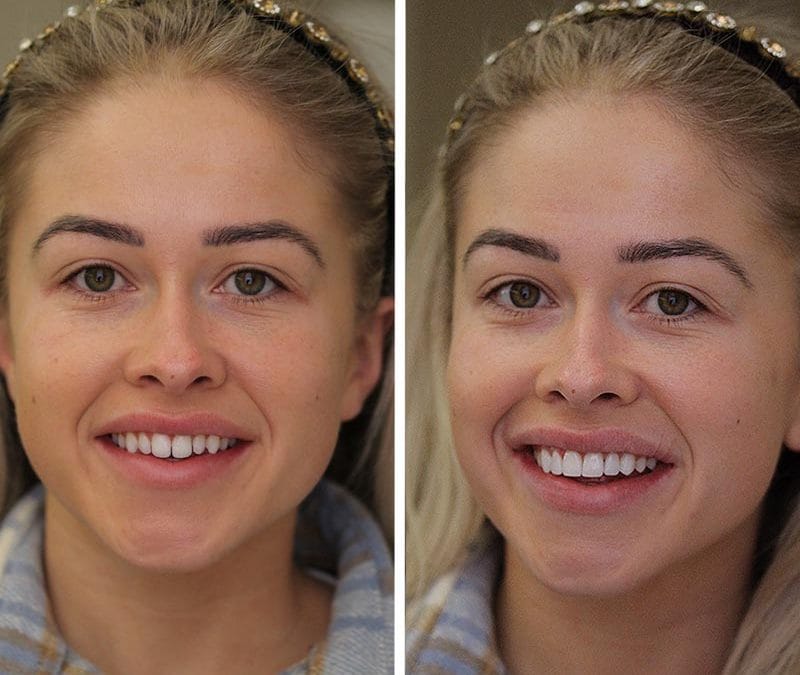Composite bonding is a popular cosmetic dental procedure that can enhance your smile by repairing chipped, discolored, or misaligned teeth. Many people wonder if they can access composite bonding on the NHS (National Health Service) in the United Kingdom. In this article, we’ll explore the ins and outs of composite bonding, its availability on the NHS, and what alternatives may be available if you’re looking to improve your smile.
Understanding Composite Bonding
Composite bonding is a dental procedure that involves the application of a tooth-colored resin material to the surface of your teeth. This resin is carefully sculpted and shaped to improve the appearance of your teeth. It can be used to fix minor imperfections such as chips, gaps, or stains. Composite bonding is a non-invasive and relatively affordable way to enhance your smile.
The NHS and Dental Care
The NHS provides a wide range of dental services to eligible patients, including check-ups, fillings, and extractions. However, when it comes to cosmetic procedures like composite bonding, the situation is a bit more complex.
NHS Coverage for Composite Bonding
In general, the NHS does not cover cosmetic dental treatments like composite bonding. The NHS primarily focuses on providing essential dental care to maintain oral health. Cosmetic procedures are typically considered elective and may not be available through the NHS.
Exceptions to the Rule
While cosmetic procedures are not routinely covered, there can be exceptions. For instance, if a cosmetic issue significantly affects your oral health or your ability to eat and speak, the NHS may consider covering the cost. However, these cases are assessed on an individual basis, and approval is not guaranteed.
Private Options
If you are interested in composite bonding and it’s not covered by the NHS, you have the option to seek private dental care. Many private dental clinics offer composite bonding services, allowing you to enhance your smile for a fee. The cost of composite bonding can vary depending on the complexity of the procedure and the clinic you choose.
What to Consider
Before deciding whether to pursue composite bonding on the NHS or through a private clinic, there are several factors to consider:
Cost: Determine your budget and whether you can afford to pay for the procedure privately.
Severity of the Issue: Assess how much the cosmetic issue impacts your oral health and daily life. If it’s causing significant problems, you may have a stronger case for NHS coverage.
Consultation: Schedule a consultation with a dentist to discuss your options and get a cost estimate.
Alternative Treatments: Explore alternative treatments or procedures that may be more affordable if composite bonding is not an option for you.
Long-Term Maintenance: Consider the long-term maintenance required for composite bonding, as it may need periodic touch-ups or replacements.
Conclusion
In conclusion, composite bonding is generally not available on the NHS for purely cosmetic reasons. The NHS primarily focuses on essential dental care to maintain oral health. However, if your cosmetic issue significantly affects your oral health, there may be exceptions.
If you are interested in composite bonding, it’s advisable to consult with a dentist to discuss your options and obtain a cost estimate. Private dental clinics offer composite bonding services for those who are willing to pay for the procedure out of pocket.
Remember that maintaining good oral health through regular check-ups and hygiene practices is essential, whether or not you choose to pursue cosmetic dental procedures. Your smile is an important part of your overall well-being, so explore your options and make an informed decision that suits your needs and budget.
For more information visit:https://oldmachardental.co.uk/

